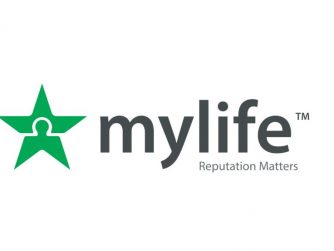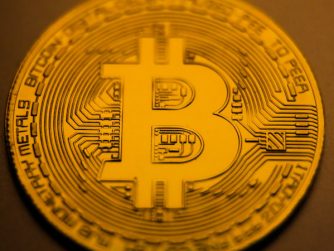Are you a United States citizen living abroad? For millions of expatriates, help from home is on the way in the form of COVID-19 economic impact payments. Unfortunately, scammers also are on the way, and they’re eager to pluck the payment from your pocket.
Depending on your income, U.S. expatriates can get up to $1,200 each, or up to $2,400 for couples, plus $500 for each qualifying child, just as you would if living stateside. And, most people don’t need to do anything to get their payments. The IRS will deposit your payment directly to your U.S. bank account (the IRS can’t direct deposit money to a foreign account), or mail your payment using information from your 2018 or 2019 tax return or from your Social Security retirement or other federal benefits program.
If you haven’t filed a federal tax return for 2018 or 2019 and don’t get any federal benefits, you may have to give the IRS sensitive information, including your Social Security number and bank account number (if you have one), to get your payment.
Scammers will try to take advantage of this to try to steal your money, your personal information, or both. So, to help avoid scammers, use only irs.gov/coronavirus and the tools there to submit sensitive information to the IRS. Use the IRS’s guide to figure out which IRS tool to use. And, visit the IRS’s Economic Impact Payment Center for answers to common questions. Consider talking with a tax professional if your tax filing situation is complex.
With economic impact money flowing in, and many people confused about the distribution process, this is a time to stay on high alert for scammers. Here are some things that ONLY scammers will do:
- Call, email, or text you to ask for, or “verify,” your personal or financial information. The IRS won’t contact you by phone, email, text, or social media about your payment.
- Ask you to pay a transfer or other fee to get your stimulus money. There are no fees.
- Send you a very real-looking check for more than you’re expecting, then tell you to deposit it, take your proper payment, and return the “overpayment” by sending cash, gift cards, or money transfers. A bank may be fooled and cash the check, but when it turns out to be fraudulent – which it will – you will owe the bank any money that you withdrew.
If you spot a scam, please tell us about it at ftc.gov/complaint.
Originally supplied by Seena GressinAttorney, Division of Consumer & Business Education, FTC






